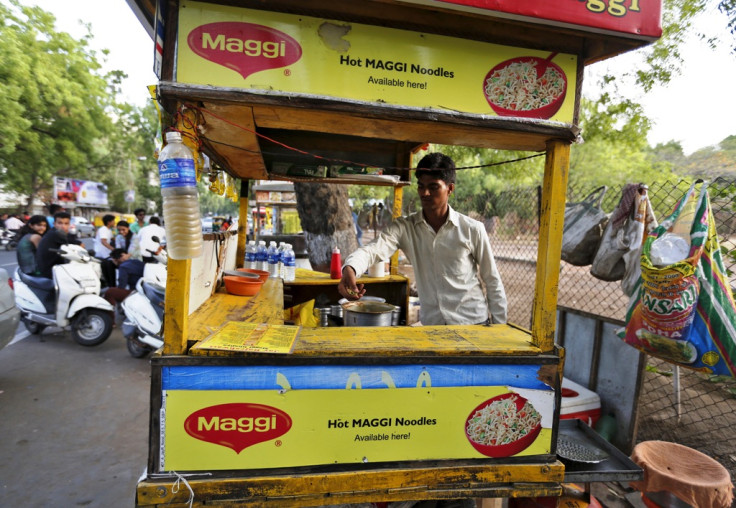Indian court lifts ban on Nestle's Maggi noodles

The Bombay High Court in India has lifted the country's ban on Nestle's Maggi noodles imposed six weeks ago allegedly due to high lead content in the product.
Considering an appeal from Nestle India on the ban, the High Court said a ban on Maggi was a violation of the principle of natural justice. The court also said a show-cause notice was not issued to Nestle before the ban, adding that the samples were not tested at accredited laboratories and the results were doubtful.
Nevertheless, the lifting of ban is conditional to fresh tests conducted on the recalled variants of Maggi noodles by three pre-approval laboratories.
Earlier, the Food Safety and Standards Authority of India (FSSAI) asked the company to recall Maggi-branded products on 5 June after a number of tests found high levels of lead content in the samples tested.
Nestle India has repeatedly said its Maggi noodles are safe for consumption, but it pulled the product out of the market as consumers were worried. The product has contributed more than 20% of the firm's revenues in India.
The company had taken the issue to the Bombay High Court, which had earlier refused to lift the ban. Nevertheless, the court allowed the company to export the product. The importing country generally tests and decides the quality of food products.
Nestle's Indian arm exports Maggi noodles to the US, the UK, Canada and Singapore, among other countries.
Earlier in July, the UK Food Standards Agency (FSA) said Maggi-branded noodles made by the Indian unit of Nestle were safe for consumption, adding that its tests showed levels of lead to be well within EU permissible levels.
On 11 August, India's Department of Consumer Affairs, Ministry of Consumer Affairs, Food and Public Distribution, filed a class action suit against Nestle India in the National Consumer Disputes Redressal Commission (NCDRC), accusing the company of unfair trade practices, sale of defective goods and sale of products to public without approval.
The government is claiming more than Rs 6bn (£59m, €83m, $93m) from the company in total damages.
© Copyright IBTimes 2024. All rights reserved.






